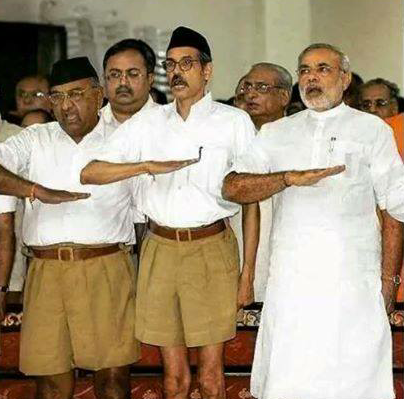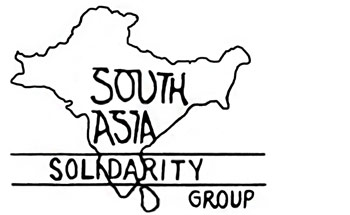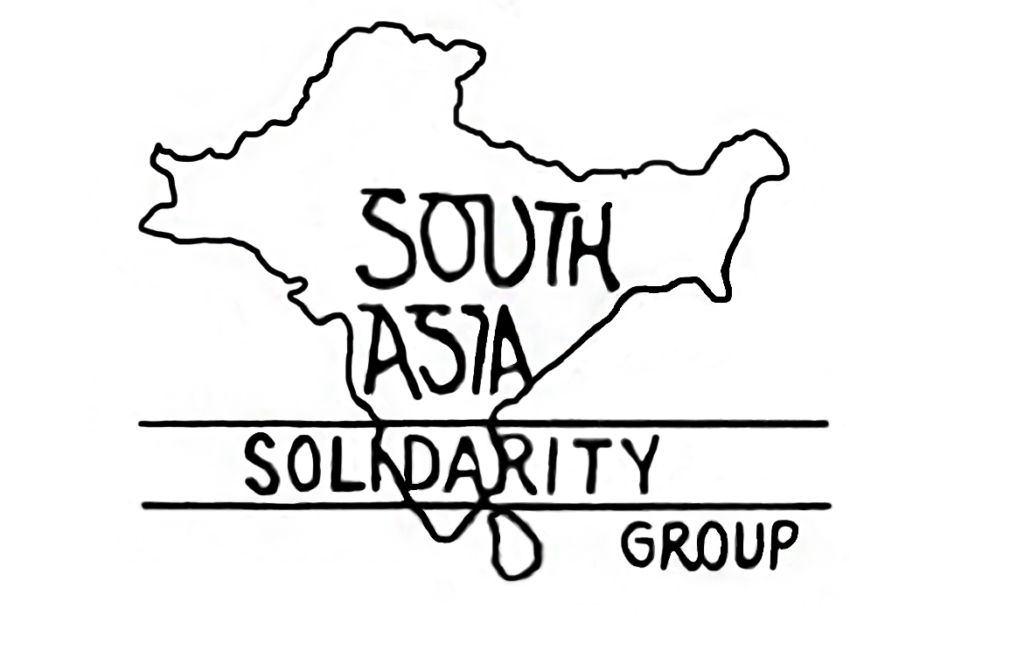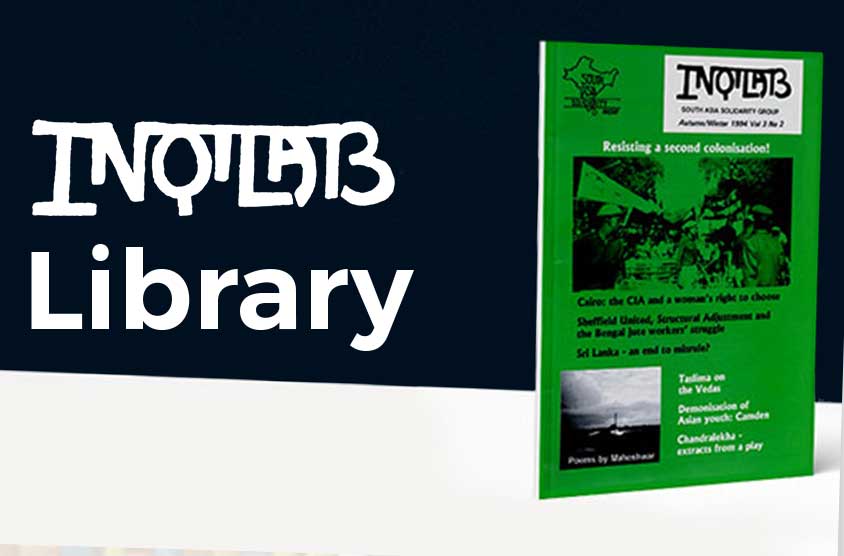- May 6, 2014
- Posted by: admin
- Category: News

Secularism: Antidote or Alibi?
by Goldie Osuri
Secularism is often promoted as an antidote to religious fundamentalism. But can this antidote sometimes function as an alibi? A couple of recent opinion pieces in the Indian media have reassured the populace about strength of Indian secularism in the face of the projected win for the Bharatiya Janata Party and its Prime Ministerial candidate Narendra Modi. Shekar Gupta, for example, has attacked a ‘lazy and illiberal left’, for forgetting India’s secular constitution which he suggests should be a model for rest of the world.[1] The idea put forward is that even if an overtly communal party such as the BJP wins, India’s model of secularism will win in the longer term. In this case, an invocation of secularism can function as an alibi, one which perhaps assuages the guilt of middle-class support for a Prime Ministerial candidate well-known for a bloodied past in the state of Gujarat.
To assert a Nehruvian secularism, which entails a principled distance to all religious groups or organizations as Rajeev Bhargava (2010) argues, doesn’t appear tenable any more. What might be more useful would be to examine some of the ways in which Hindutva groups claim the terrain of both the religious and the secular, and to intervene in this terrain. For example, by suggesting a uniform civil code, Hindutva groups speak the language of secularism in seeking to discriminate against Muslim communities. Or in demanding a ban on religious conversions, Hindutva groups seek to intimidate as well as discriminate against Christian communities. All of these messy issues highlight a need for examining the ways in which the religious and the secular are entangled in inextricable ways.
The implications of arguments for and against secularism need to be thought through carefully. Advocates of a staunchly secular stance (separation of church and state in the US or distance from any one religion in India) would argue that secularism is the only way forward. This is to ensure firstly that political power or governments are not usurped by any one religious group who might be fascist in their attitude or practice toward religious minorities or even unbelievers. The idea is that secularism is compatible with democracy whereas theological states are not. Secondly, a secularist might argue that religious freedom can only be possible in a secular state. Often this variant of secularist might be arguing against a ‘post’ secularist who diagnoses our time as the time of the end of secularism (separation of church and state). This time is a witness to the resurgence in attention to faith-based vote-banks or the cooptation of political power by organized religious interests and groups. The American theorist William Connolly famously explains ‘Why I’m not a secularist’, and has argued for a radical pluralism in the polity rather than a pretence of the separation of church and state.
In the Indian context, there appear to be two dominant scholarly arguments. Ashis Nandy has suggested that secularism is a western phenomenon, and it is time to move toward Gandhian non-modern ideas of tolerance. Tolerance can be problematic when the limits to tolerance are decided through majoritarian norms. Rajeev Bhargava, recently cited by The Hindu, has argued that we restore clarity to the concepts of Nehruvian secularism, the best guarantee for the protection of religious freedom for minorities.[2] Restoring academic clarity to a particular variant of secularism, as well-intentioned as this might be, may not work in the messy world of politics and politicians. Whether or not politicians play dog-whistle politics or speak with forked-tongues, secularism in practice in a given nation-state often works to favor the norms of the dominant group or a majoritarian religio-cultural system in the practices of law or governance.
There is another factor that needs to be taken into account when thinking through the idea of secularism. Secularism emerged as an idea during the time of imperial knowledge production, when Europeans began defining and classifying the notion of world religions. This process meant that European thinkers legitimated what could be considered a world religion in the first instance. We are now faced with a situation where conservative transnational faith-based groups operate through the world religions discourse. They compete, as minorities in the West, with Christian groups to establish not only their legitimacy, but their particular political interests. In the last couple of decades, we have seen this happen with organized Hindutva groups in the West. So, for example, the Vishwa Hindu Parishad has been at the forefront of legitimizing itself as a progressive ‘Hindu’ group which operates through a coalition with other Hindu groups—thus working through a kind of a kinship structure. But the organized links between minority Hindutva groups and the family of Hindutva organizations in India complicate the structure of majority/minority relations, as the minority groups form political lobbies in the West to advance the interests of the Hindutva in the Indian context. In this sense, western forms of secularism can sometimes unwittingly legitimate particular organizations which incite violence in the Indian context.
However, banning or marginalizing all minority faith-based groups brings its own set of problems. If we operate under a notion of secularism as the marginalization of faith to a private sphere as in a dominant western understanding of secularism, we find ourselves amidst struggles to ban veils (as in France) or we witness the demonization of Islam or Muslims as individuals and communities because of a long history of Islamophobia. Some of this violence stems from an extension of the fear of religion or religious others that is part of the political system of liberalism which advocates secularism. As thinkers and activists concerned with discrimination and violence, we need to understand that advocating an uncritical secularism will not do when the majority/minority axis can work in problematic ways. A critical secularism, one that would acknowledge majoritarian norms, might be a starting point for rethinking academic and activist strategies, which are concerned with social justice issues. In a time where secularism means ‘living with communalism’ as the feminist scholar Nivedita Menon has described it we need to be critical about the liberal language of secularism which may be easily coopted by either majoritarian or minoritarian incitements to violence against religious others.
Goldie Osuri is Assistant Professor at the University of Warwick. She is author of Religious Freedom in India: Sovereignty and (Anti) Conversion (Routledge, 2013).
[1] Gupta, Shekar 2013, ‘National Interest: Secularism is Dead’, The Indian Express. April 18, Available at: http://indianexpress.com/article/opinion/columns/national-interest-secularism-is-dead/
[2] Subramaniam, Garimella 2013, ‘Development is intrinsic to a secular project’, The Hindu, 14 April, Available at: thehindu.com.


